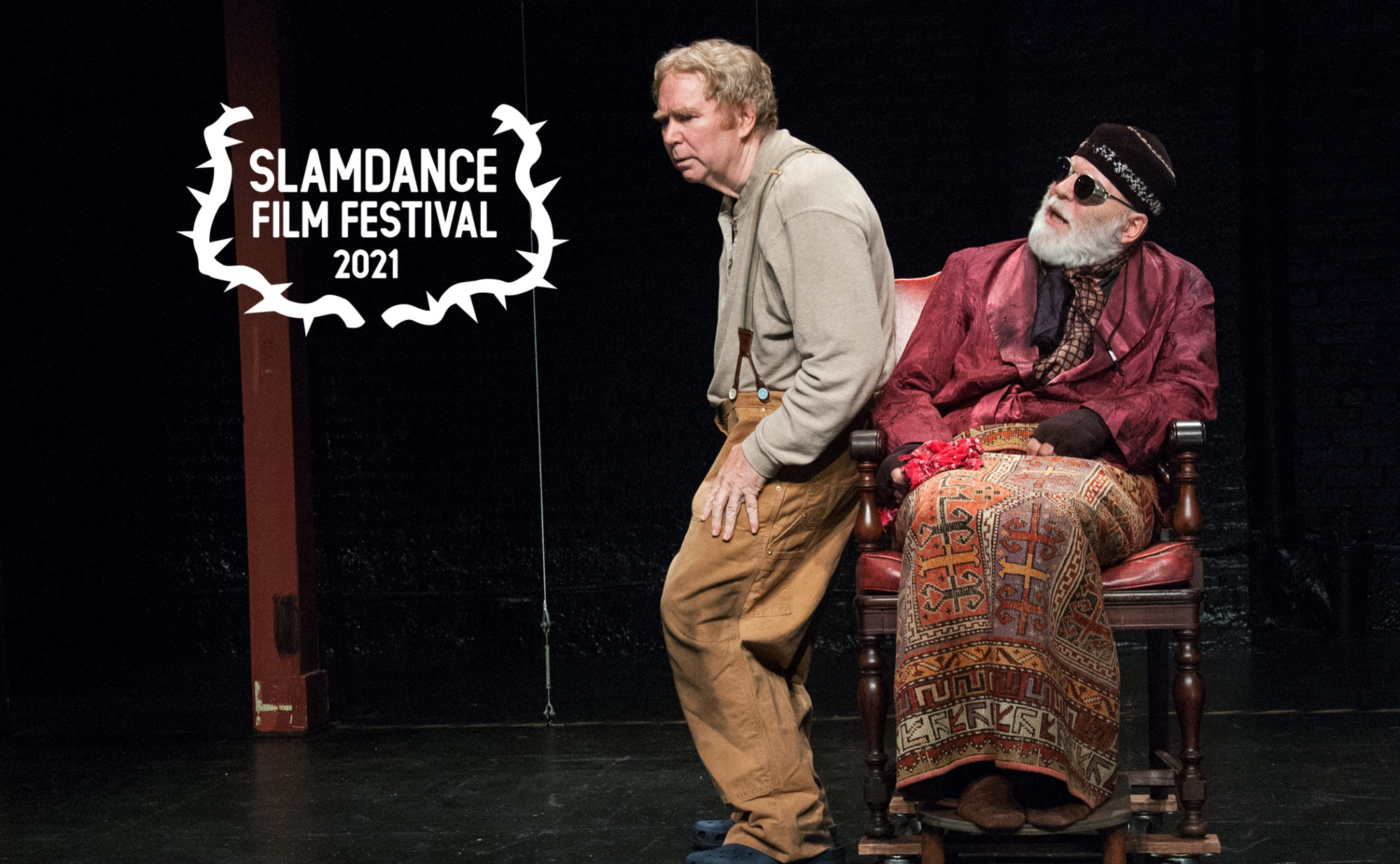Dan Moran and Chris Jones are New York actors. Both have Parkinson’s disease — a disease that affects all the elements essential to their craft.
So it is an act of bravery for Dan and Chris to take on Samuel Beckett’s comic masterpiece, Endgame, a complex and difficult piece of theater that makes the case that “there’s nothing funnier than unhappiness.”
By performing with Parkinson’s disease while opening their lives to a documentary, these two men show that they can meet even the most difficult circumstances with aplomb, a sense of humor, and soul.
